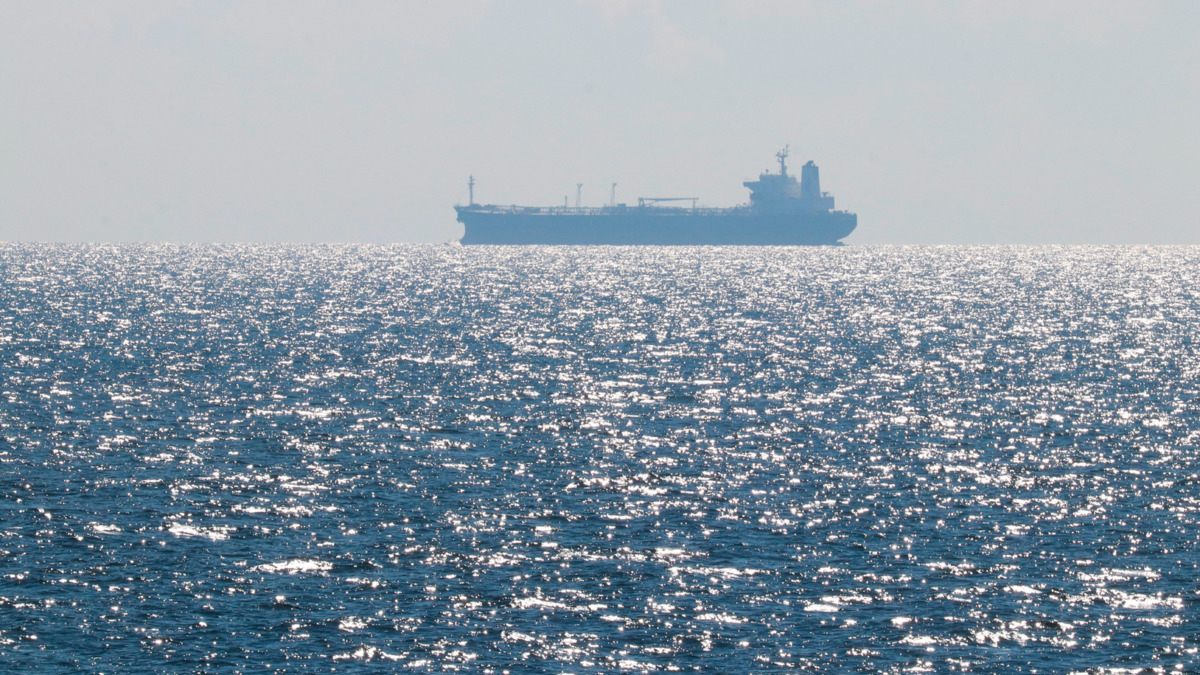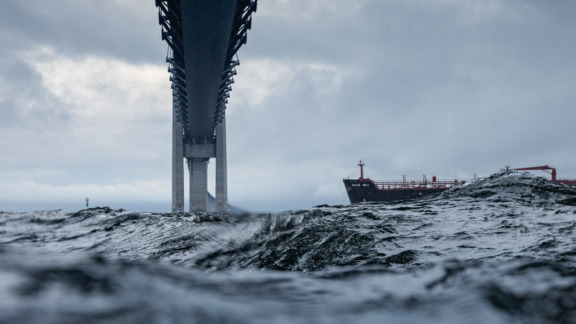Nokian Tyres commits to discharge their cargo ship wastewaters in ports
Every day, 2,000 cargo ships sail the Baltic Sea. This amounts to a medium-sized city of seafarers. Black and gray wastewaters from cargo ships and shredded food waste can be legally discharged into the Baltic Sea. Nokian Tyres addresses the issue with its Commitment in good collaboration with its partners.

Nokian Tyres commits, in line with BSAG’s Ship Waste Action partnership, to discharge its cargo ship wastewaters into ports to be utilized in the circular economy. The most essential part of the Baltic Sea Commitment relates to the efficient implementation of this approach in collaboration with the company’s partners. By setting an example, the company raises awareness of the critical role of shippers.
“At Nokia Tyres, it’s the deeds that count,” says Irina Niinivaara, BSAG’s Corporate Relations Manager, summing up the spirit of the discussions.
Teppo Huovila, VP Quality and Sustainability at Nokian Tyres, knows the strengths of his organisation. In fact, concrete actions were the key reason for Nokian Tyres to partner with BSAG.
“Many shippers may not even know that their cargo wastewaters are likely to end up in the Baltic Sea. Together with BSAG, we want to play our part in changing practices. Discharging cargo wastewaters to port reception facilities reduces the environmental burden of our supply chain and supports our wider sustainability work,” says Huovila.
Ship Waste Action in practice
Nokian Tyres imports raw materials used by the company to Finland by sea and exports its products, such as tyres for passenger cars, vans, heavy vehicles, and machinery, by sea. The company works closely with a number of partners to organize sea transport.
Our commitment requires that ship-generated wastewaters from cargo under direct shipping contracts is discharged at reception facilities in Finnish ports. We will also direct freight forwarding agents to ensure that ship-generated wastewater from cargo passing through them is handled according to the same principle. Ship Waste Action will be one of the criteria for selecting our future carriers.
Teppo Huovila, VP Quality and Sustainability, Nokian Tyres
Intertwined issues on the sustainability agenda
“We need everyone on board to work for the Baltic Sea. Nokian Tyres quickly realized that eutrophication and warming sea are important issues in the company’s sustainability strategy. An eutrophicated and warm Baltic Sea loses biodiversity and turns from a carbon sink and storage into a source of emissions,” says Mia Hytti, BSAG’s Project Manager in Marine Traffic.
Stopping wastewater discharges from maritime transport into the Baltic Sea is one important strand in addressing the interconnected problems. More than 80 % of all goods transported abroad in Finland are transported by sea. Companies using maritime transport have a key role to play in solving the problem.



